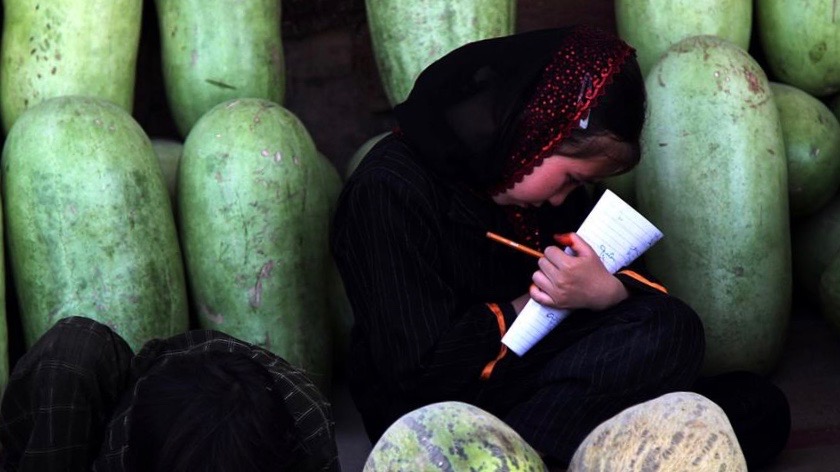As Afghanistan’s economy continues to spiral, as many as 34 million Afghans are in need of humanitarian assistance, says a new UN report. The ‘Afghanistan Socio-Economic Outlook 2023’ report released by the United Nations Development Program (UNDP) on Tuesday, April 18, highlights the impact of cuts in international aid to Afghanistan since the Taliban took over power in the country.
The report notes that the number of people below the poverty line in Afghanistan has increased from 19 million in 2020 to 34 million today. It also adds, “Even if the UN aid appeal for international assistance to reach $4.6 billion in 2023 succeeds, it may fall short of what is needed to improve conditions for millions of Afghans.”
The UNDP report comes after the UN said that it is “reviewing its presence” in Afghanistan following the Taliban’s ban on Afghan women to work for the international organization earlier this month. The UN statement suggested that it may be planning to suspend its operations in the country. “It is fair to say that where we are right now is the entire United Nations system having to step back and reevaluating its ability to operate there,” UNDP administrator Achim Steiner told The Associated Press.
The report also notes that Afghanistan is currently facing a severe fiscal crisis and a near collapse in its banking system due to lack of foreign assistance “that previously accounted for almost 70 percent of the government budget.” In 2022, Afghanistan’s GDP contracted by 3.6%. The report adds that the average real per capita income has also declined by 28% from the 2020 level.
Since the Taliban took over power on August 15, 2021, Afghanistan has suffered from cuts in international aid and assistance, which has impacted its economic stability. After the Taliban takeover, the US announced that it had frozen US$9.5 billion of Afghanistan central bank reserves, US$7 billion of which were held in accounts with the New York Federal Reserve and other financial institutions on US soil. The EU also followed suit, suspending $1.4 billion in development and emergency assistance for healthcare, agriculture, and law enforcement in Afghanistan.
At its core, the UNDP report raises concerns about the increasingly reduced international aid for Afghanistan. It not only highlights the economic repercussions of reduced humanitarian assistance, but also addresses the role played by Afghan women in the country’s recovery: “the economy cannot be reignited if women cannot work, while future economic growth is constrained by underinvestment in girls’ and women’s education.”





